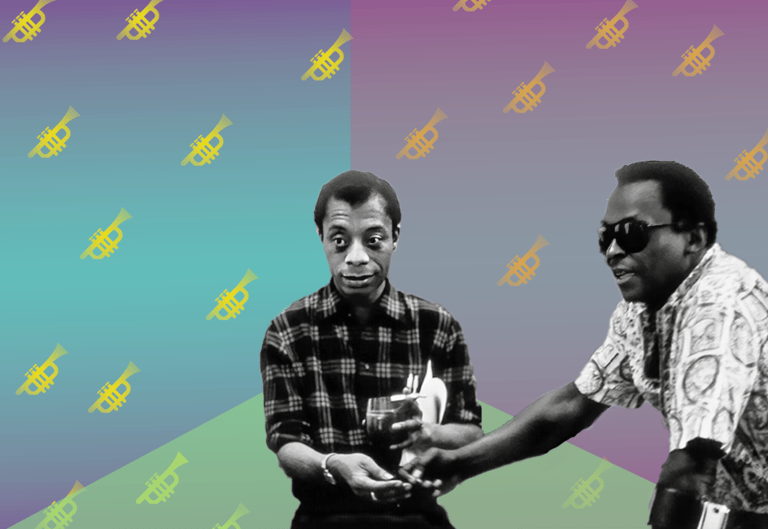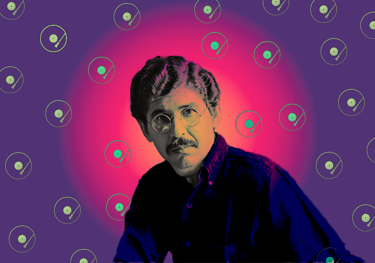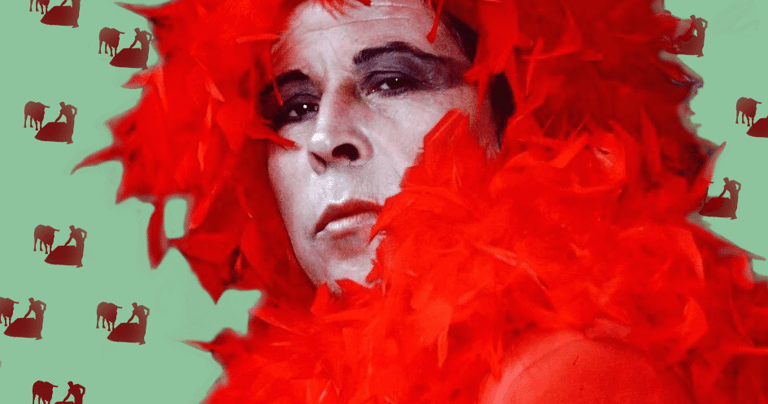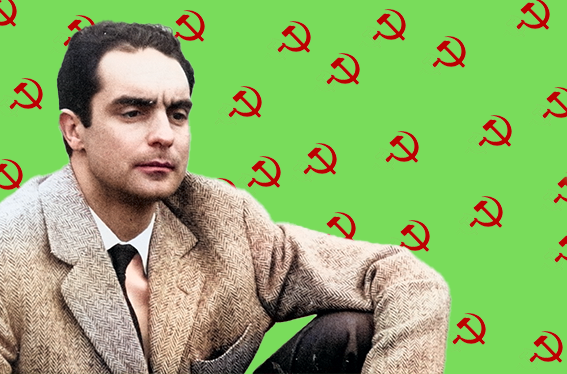
Playlist de libros
Cuánto de música existe en esa voz escrita...
Another Country - Otro país
James Baldwin (1962)
“here was some pot on the scene and he was a little high. He was feeling great. And, during the last set, he came doubly alive because the saxophone player, who had been way out all night, took off on a terrific solo. He was a kid of about the same age as Rufus, from some insane place like Jersey City or Syracuse, but somewhere along the line he had discovered that he could say it with a saxophone. He had a lot to say. He stood there, wide-legged, humping the air, filling his barrel chest, shivering in the rags of his twenty-odd years, and screaming through the horn Do you love me? Do you love me? Do you love me? And, again Do you love me? Do you love me? Do you love me? This, anyway, was the question Rufus heard, the same phrase, unbearably endlessly, and variously repeated with all the force the boy had. The silence became strict with abruptly focused attention, cigarettes were unlit, and drinks stayed on the tables; and in all of the faces, even the most ruined and most dull, a curious, wary light appeared. They were being assaulted by the saxophonist who perhaps no longer wanted their love and merely hurled his outrage at them with the same contemptuous, pagan pride with which he humped the air. And yet the question was terrible and real; the boy was blowing with his lungs and guts out of his own short past; somewhere in that past, in the gutters or gang fights or gang shags; in the acrid room, on the sperm-stiffened blanket, behind marijuana or the needle, under the smell of piss in the precinct basement, he had received the blow from which he never would recover and this no one wanted to believe. Do you love me? Do you love me? Do you love me? The men on the stand stayed with him, cool and at a little distance, adding and questioning and corroborating, holding it down as well as they could with an ironical self-mockery; but each man knew that the boy was blowing for every one of them. When the set ended they were all soaking. Rufus smelled his odour and the odour of the men around him and ‘Well, that’s it,’ said the bass man. The crowd was yelling for more but they did their theme song and the lights came on. And he had played the last set of his last gig."


No me esperen en abril
Bryce Echenique (1995)
“Nat King Cole en inglés y en castellano, Lucho Gatica en el idioma imposible de los boleros, que a nada real se refieren pero que ahí todos entienden, sienten y sueñan y, acercándole una mejilla a su pareja, cheek to cheek, ensueñan nerviosos pero matadores siempre, claro que sí."


Tengo miedo torero, Pedro Lemebel (2001)
"¿Otra Sorpresa? Otra y privada, contestó la Loca del Frente enchufando el tocadiscos mientras con la otra mano sus dedos meticulosos calzaban la aguja en los surcos del long play.
¡Tengo miedo torero,
Tengo miedo que en la tarde
Tu risa flote!
Carlos había cerrado los ojos echado sobre unos cojines, dejando que la espuma de esa canción lo adormeciera con ese ajeno placer."
¡Qué viva la música!, Andres Caicedo (1977)
“Quería yo tener ese filo que tenía ella cuando miraba de medio costado, en las noches que bailaba sola y nadie que se le acercara, quien con esa furia que se le iba metiendo hasta que ya no era ella la que seguía la música: yo la llegué a ver totalmente desvergonzada, con los ojos idos, pero con una fuerza en el vientre que la sacudía. Era la furia que tenía adentro la que respondía al ritmo.”




Oltre il ponte, Italo Calvino
Las canciones de la resistencia italiana al fascismo, la oposición de los llamados “partigiani”, ocupan un lugar particular en el repertorio internacional. Ya banalizada y comercializada, suena por doquier el “Bella ciao”, canción de origen popular sin autor reconocido. En los últimos años, también ha renacido “Fischia il vento”, escrito por Felice Cascione y combinada con una melodía soviética. Dentro de esta tradición, es curioso toparse con “Oltre il ponte”, con letra escrita por Italo Calvino y música de Pietro Buttarelli, grabada para el disco Cantacronache 3 en 1959. Aquí les compartimos la versión más reciente de los Modena City Ramblers y Moni Ovadia, modernizada y condimentada con un poco de swing irlandés.


Oltre il ponte
O ragazza dalle guance di pesca
o ragazza dalle guance d'aurora
io spero che a narrarti riesca
la mia vita all'età che tu hai ora.
Coprifuoco, la truppa tedesca
la città dominava, siam pronti:
chi non vuole chinare la testa
con noi prenda la strada dei monti.
Avevamo vent'anni e oltre il ponte
oltre il ponte ch'è in mano nemica
vedevam l'altra riva, la vita
tutto il bene del mondo oltre il ponte.
Tutto il male avevamo di fronte
tutto il bene avevamo nel cuore
a vent'anni la vita è oltre il ponte
oltre il fuoco comincia l'amore.
Silenziosa sugli aghi di pino
su spinosi ricci di castagna
una squadra nel buio mattino
discendeva l'oscura montagna.
La speranza era nostra compagna
a assaltar caposaldi nemici
conquistandoci l'armi in battaglia
scalzi e laceri eppure felici.
Avevamo vent'anni...
Non è detto che fossimo santi
l'eroismo non è sovrumano
corri, abbassati, dai corri avanti!
ogni passo che fai non è vano.
Vedevamo a portata di mano
oltre il tronco il cespuglio il canneto
l'avvenire di un giorno più umano
e più giusto più libero e lieto.
Avevamo vent'anni...
Ormai tutti han famiglia hanno figli
che non sanno la storia di ieri
io son solo e passeggio fra i tigli
con te cara che allora non c'eri.
E vorrei che quei nostri pensieri
quelle nostre speranze di allora
rivivessero in quel che tu speri
o ragazza color dell'aurora.
Avevamo vent'anni...

